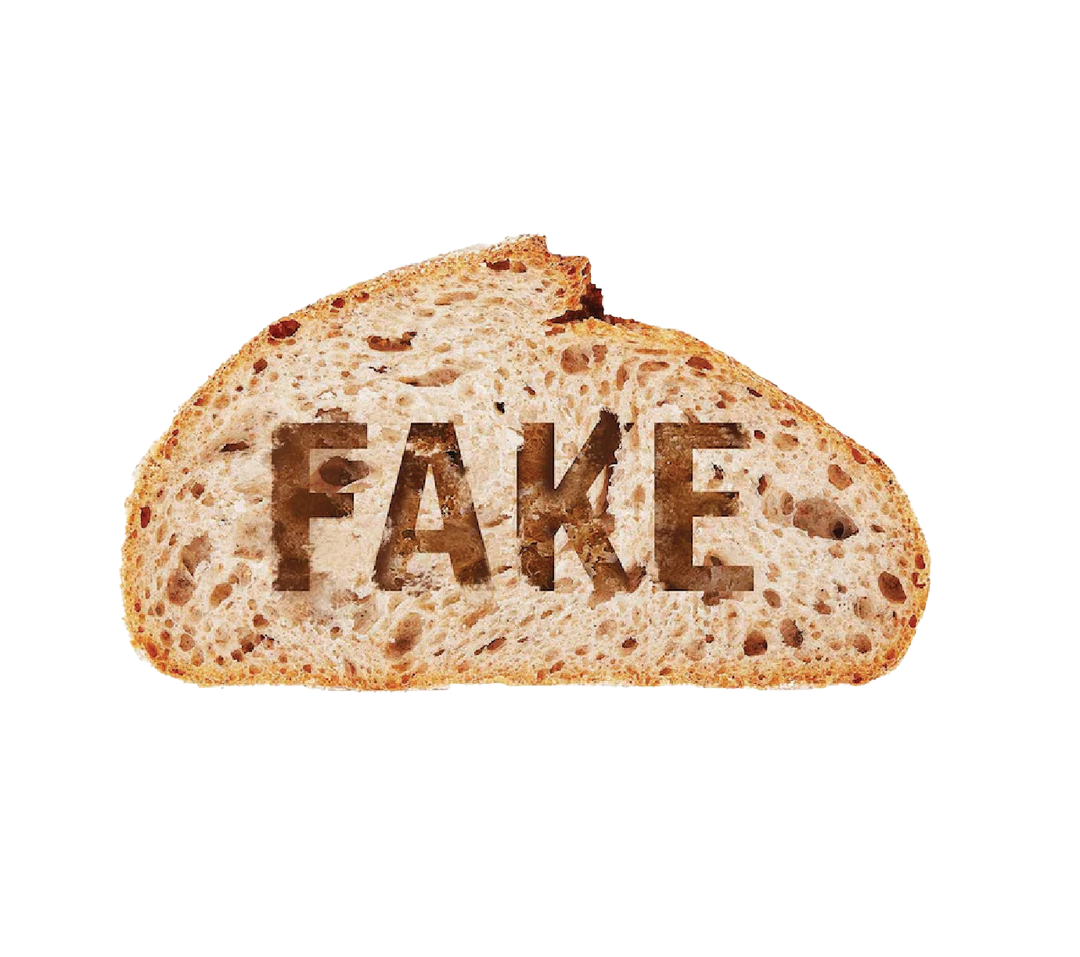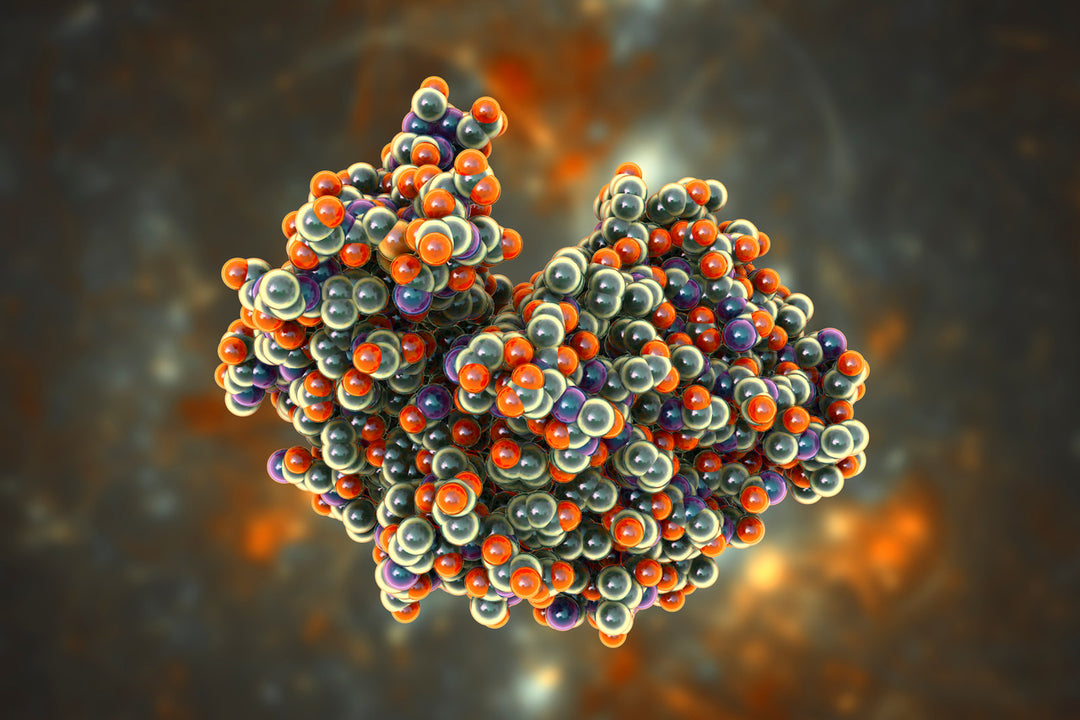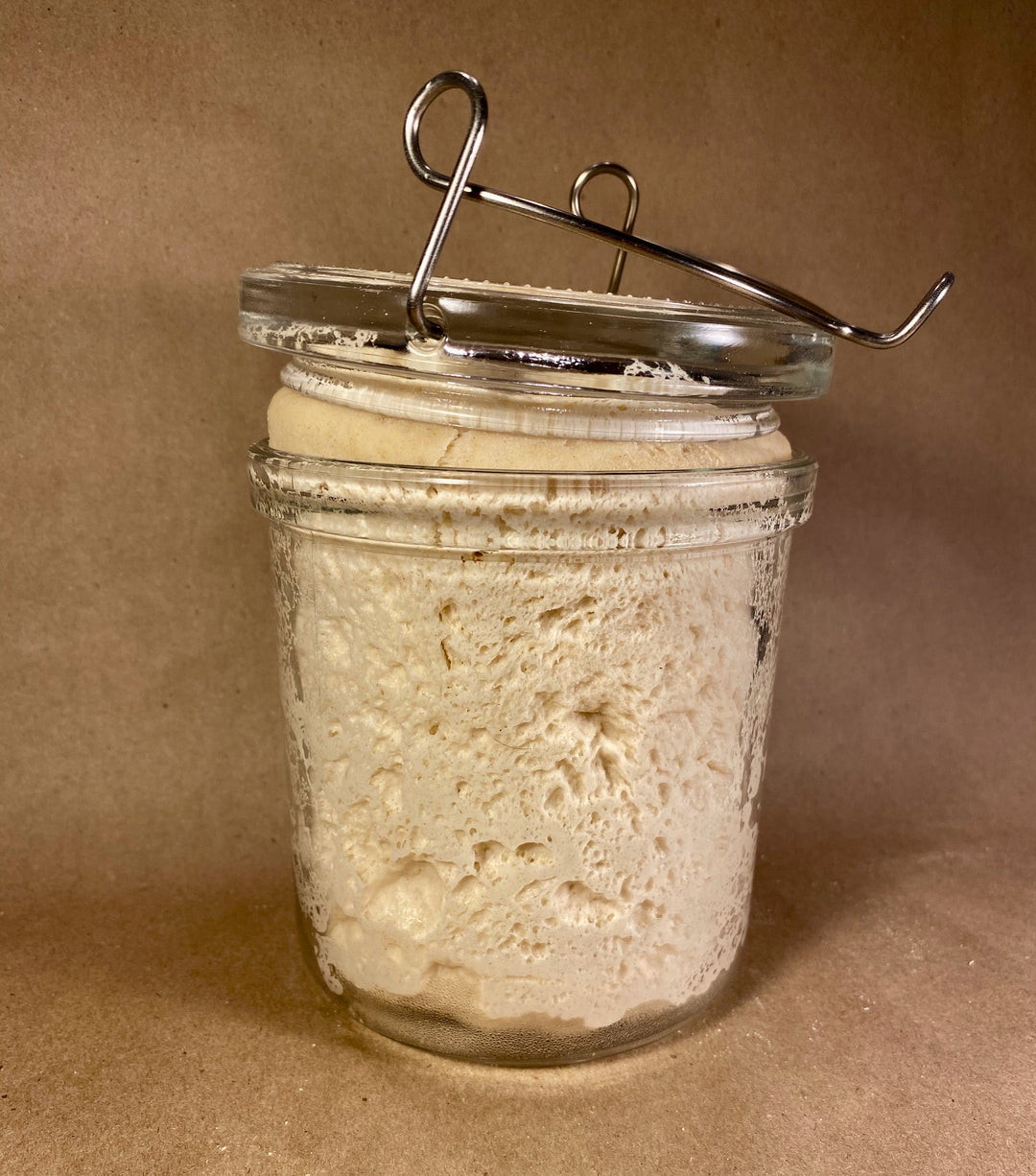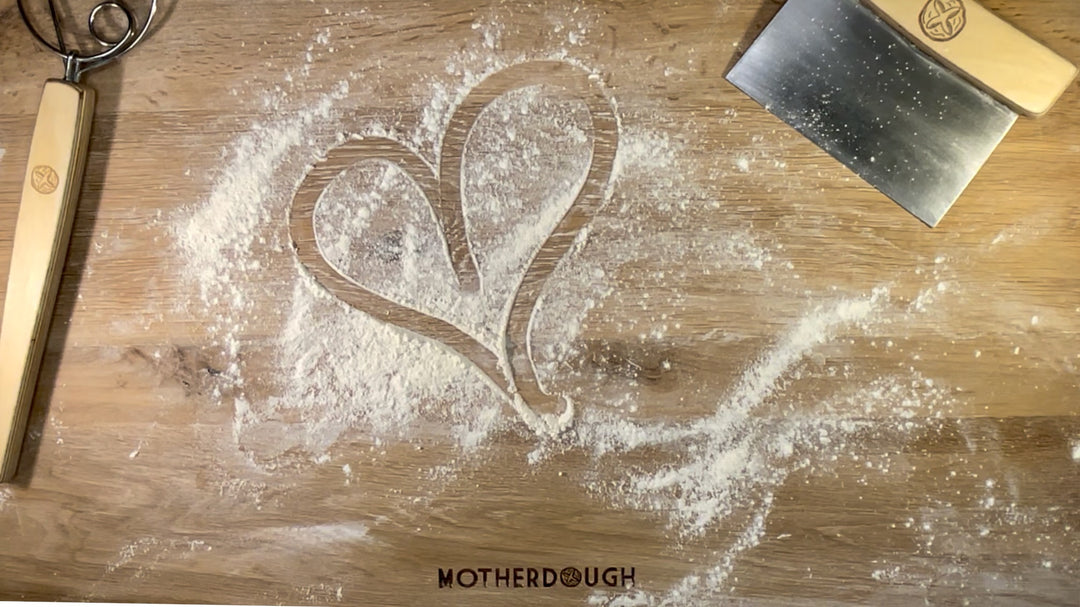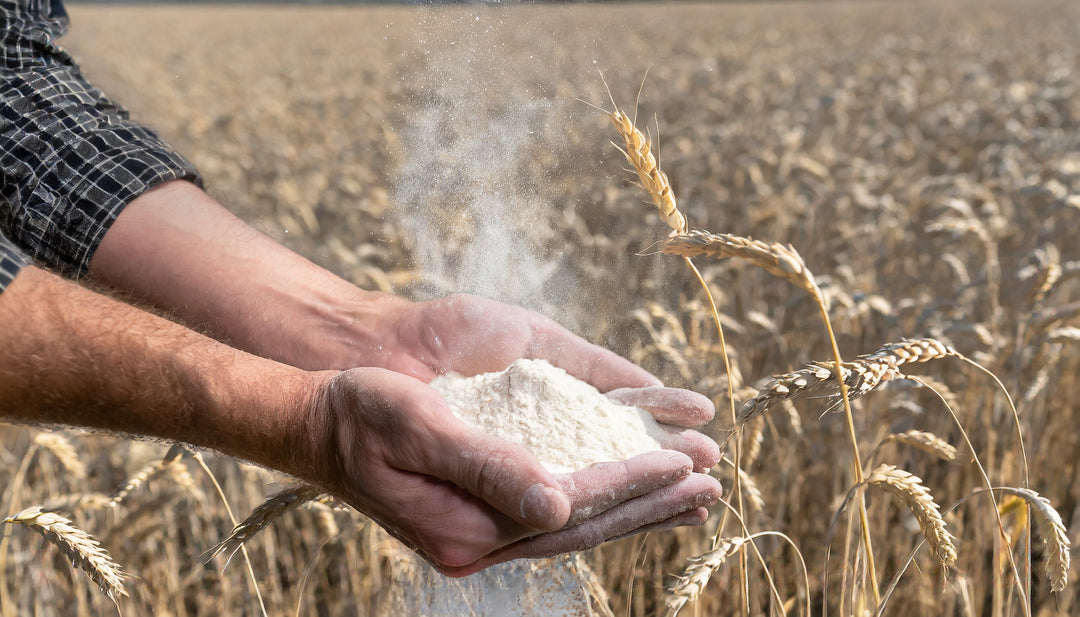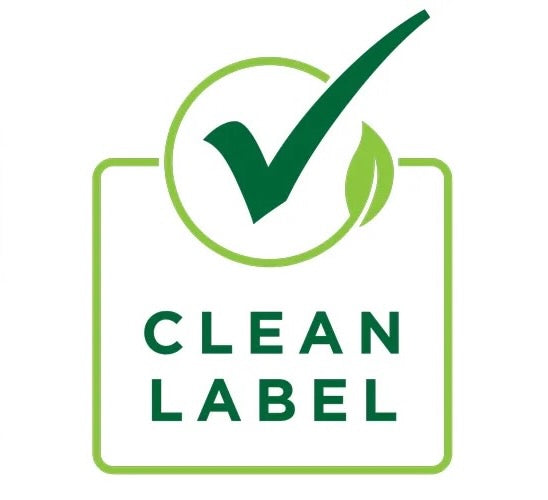What is fake sourdough bread?
More often than not, when you buy a loaf of sourdough bread or when you order "sourdough" in a restaurant, you're actually getting sourfaux!
Today, large supermarket chains and even large bakeries are capitalising on the benefits of sourdough BUT manufacturing cheap, effectively ‘fake’ sourdough bread. The buzzword is a marketing must-have because it makes bread sell.
This bread is marketed as sourdough which it most definitely is not. Making sourfaux is quicker, easier and cheaper to make.
"Many customers we talk to say they buy sourdough because “it’s healthier.” What a lot of people don’t realise is that the “sourdough” they are buying is probably fake."
Some bakeries do make proper naturally fermented bread which they call “a sourdough.” Almost all their other leaven products are made using added yeast.
In other environments such as smaller bakeries, wine farms and restaurants who make their own bread, yeast is often added to a sourdough process to “speed things up!” For natural fermentation to work it needs to be slow and the cycle completed.
What sets Motherdough apart from 99% of bakeries in South Africa is that we only use an additive free natural fermentation process for our dough.
Real sourdough products are made using a dough or batter of water and cereal flour containing an active and alive culture that is fed and maintained in a balanced and healthy state.
Sourdough bread cannot be made using commercial yeast, dried sourdough powder, artificial additives or other acidifiers, such as yoghurt or industrial acetic acid, that merely give a sour flavour.
Sometimes there is a “live” culture in these mass produced sourfaux breads. The addition of preservatives, yeast and other industrial ingredients negate the benefit of the sourdough culture being there in the first place. For example, the simple addition of vitamin C (ascorbic acid) switches of the enzymes that degrade the gluten proteins.
The length of the fermentation process is determined by many factors, including the kind of flour you use, the ambient temperature, the water temperature and the amount of starter used.
Different recipes follow different timelines; a stoneground classic white loaf ferments for 18 hours, and our cornetti take 3 days before they are ready to be baked. Don't get caught by the marketing hype - a 60 hours fermented dough is not necessarily better that one that took a quarter of that time. What is important is that the fermentation cycle reaches a specific point before baking.
The process of making sourdough is truly artisanal. Mixing the dough, developing strength and fermenting correctly require instinct not just machinery.







